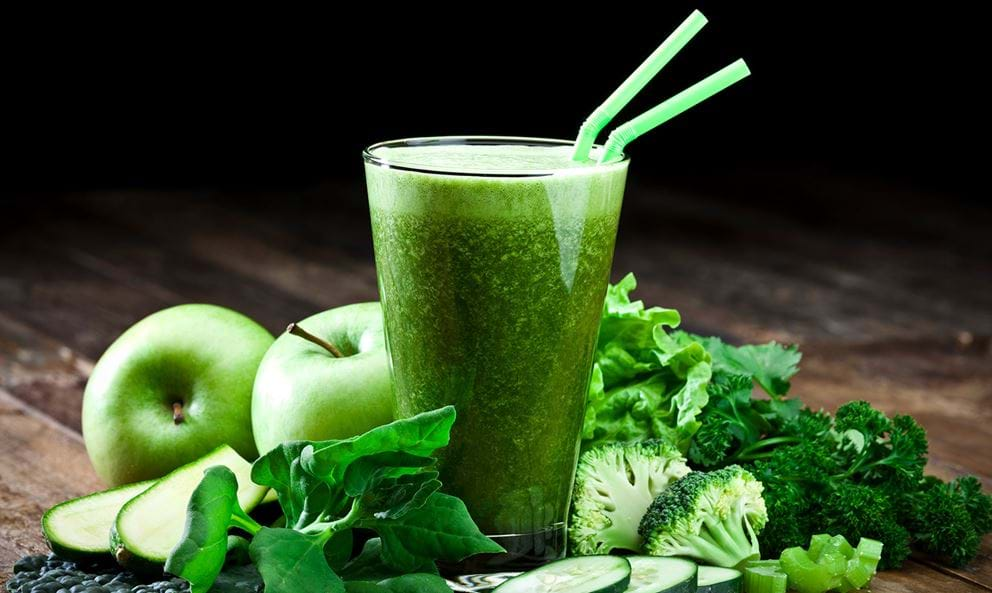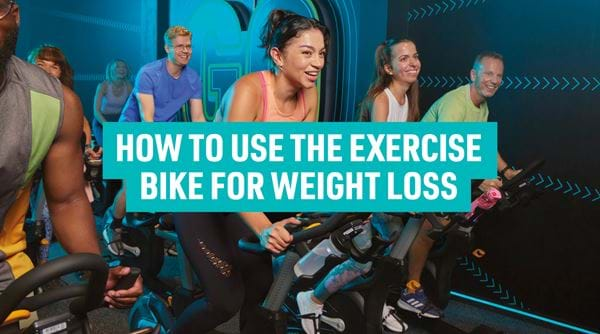The Truth About the Gym and Detox Diets

There are many ‘detox diets’ out there, most promising life-changing benefits. Some of these diets are pretty easy-going, while others may well lead to serious injury or harm in the long term.
Detoxing as a concept is controversial. On the one hand, its critics will sensibly note that the body already has its own ‘detox’ systems in place — like the normal functioning of the liver and kidneys. On the other hand, supporters may point out that certain foods such as chlorella have been found by researchers to combat toxic compounds such as BPA.
In any case, radical diets focused on the concept of detoxing are generally not a good idea for overall health, and definitely not for gym performance.
Here are some reasons why.
Detox diets can cause micronutrient deficiencies
A varied diet, rich in nutrient-dense foods, is the best way of ensuring that you’re getting the right vitamins and minerals to function at your best in the gym.
It’s well known that deficiencies in key vitamins and minerals can lead to everything from hormone dysfunction, to an underperforming metabolism, and the inability of the body to properly produce energy.
Many detox diets will focus on a narrow range of ‘healthy’ foods while excluding everything else. Some popular detox diets will involve only consuming one foodstuff, for extended periods of time. Needless to say, that’s not a great recipe for fitness success.
Detox diets can lead to serious cravings and rebound binge eating
Most detox diets are a nightmare to suffer through, with mundane food (and usually not very much of it) and a constant sense of hunger and deprivation being part and parcel of the experience. As you could guess, this sets the stage perfectly for unhealthy cycles of crash-dieting and compensatory binge-eating.
It’s not rocket science. If your diet is something completely detached from your normal life and eating patterns, any progress you make on it is likely to be lost when you return to your regular routine. And, of course, you’re far more likely to order a huge pizza at the first opportunity when life gets stressful.
Detox diets can lead to an excessive caloric deficit
Severe caloric deficits result in hormonal imbalances, mood issues, and overall poor functioning of the body. If you browse any fitness forum, you’ll find hardcore dieters complaining about losing motivation, libido and energy, feeling cold all over, and becoming depressed when eating at a major deficit for prolonged periods of time.
Many detox diets will create exactly this kind of major caloric deficit, intentionally or not, by excluding calorically dense foods — such as meat, complex carbs, dairy products, fats and oils from the menu.
A severe caloric deficit will ruin gym performance, but that’s not all. It can ruin health, too. The famous ‘Minnesota Starvation Experiment’, conducted during World War 2, found that prolonged and severe calorie restriction not only increased the risk of mood disorders like depression, but also reduced metabolic rate in subjects.
Sensible alternatives to detox diets
Here are a few sensible alternatives to detox dieting, which may help to boost your health and wellbeing, without wrecking your gym progress.
Experiment with meal timing
If you want to reduce your calorie intake just a little, think about changing your typical eating pattern. See if eating your breakfast later – or indeed earlier – sets you up for a day where your overall intake is reduced. Think about splitting a meal like lunch into two smaller snacks a few hours apart; this might mean you’re less hungry and consume a little less come dinnertime. As with many things, this will need to be a case of trial and error.
Supplement with healthy foods
Introducing probiotic foods to your diet, such as sauerkraut or kefir, may significantly improve your gut function and overall health without you needing to completely change your life in the process. Try supplementing your existing diet with new, healthy foods, before throwing the whole thing out.
Tweak your diet based on how you feel
Some people will feel incredibly sluggish and demotivated after a morning bowl of oats, while others will feel godlike. The way people respond to certain foods will always have a strong individual component. Tweak your diet by small degrees here and there, based on how specific foods make you feel.


